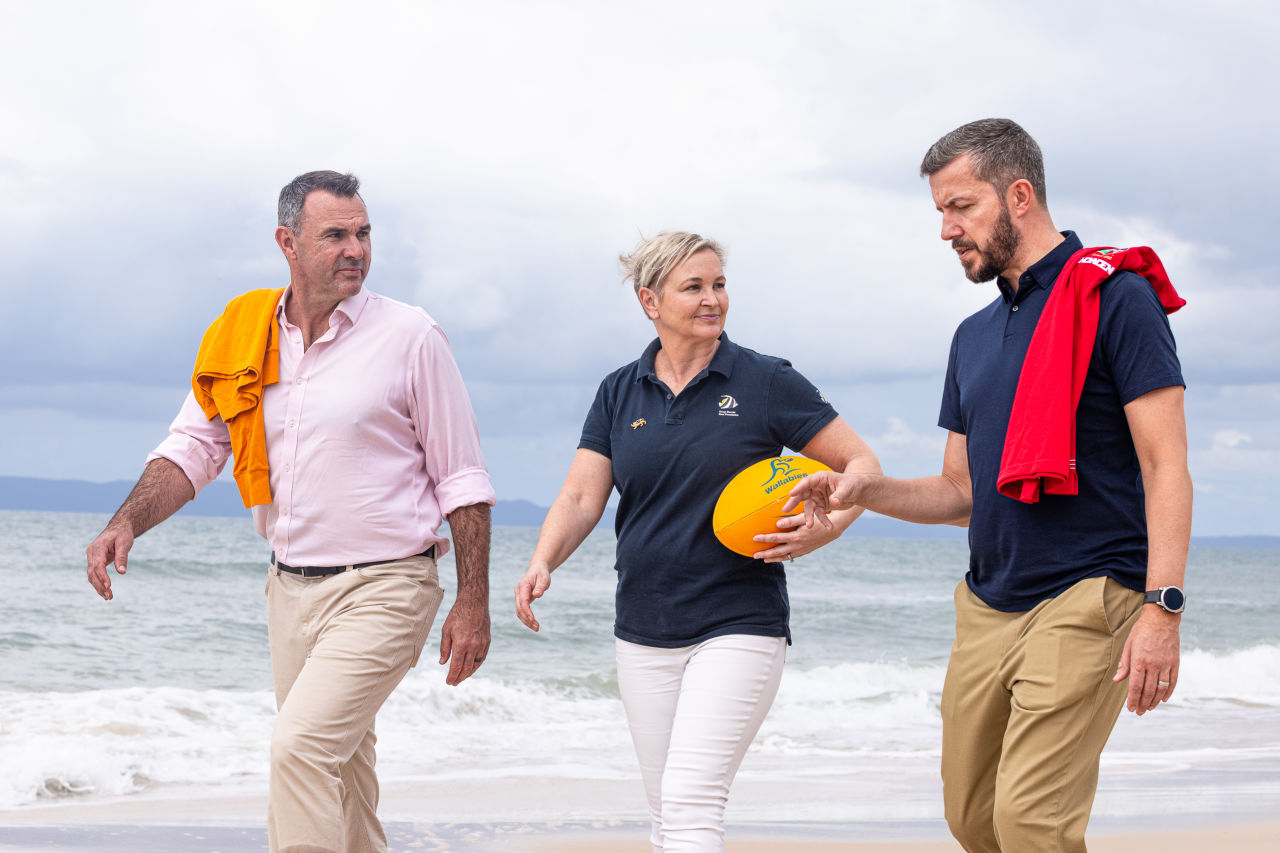India’s price supports for sugarcane, which guaranteed minimum prices to Indian farmers, led to substantial over-production. A large stockpile of sugar, well beyond domestic consumption requirements, was built up. The Indian Government offered assistance to mills to export the surplus sugar which put downward pressure on the global sugar price, unfairly affecting Australia and every other sugar exporting country.
For Australian cane growers, it meant sugar prices fell below the cost of production. A Green Pool Commodity Specialists report found the substantially lower global sugar prices meant Queensland cane growers and sugar millers incurred an estimated $1 billion revenue hit between 2017/18 and 2020/21.
A clear ruling from the WTO was needed to restore global confidence in both the sugar market and in the rules-based world trading system.
What was Australia’s case?
Australia challenged a range of Indian federal and state government measures. The case argued that domestically regulated cane prices for growers and the export subsidies for mills were inconsistent with India’s obligations under two WTO agreements – the Agreement on Agriculture and the Agreement on Subsidies and Countervailing Measures.
Brazil and Guatemala also launched formal actions. Canada, China, Colombia, Costa Rica, El Salvador, the European Union, Honduras, Indonesia, Japan, Panama, the Russian Federation, Thailand and the United States joined the dispute as third parties.
What is the ruling?
Ruling in favour of Australia, Brazil and Guatemala, the WTO Panel found:
- For five consecutive sugar seasons (2014-15 to 2018-19), India’s domestic price support was in excess of the permitted level (10% of the value of the season’s sugarcane production). The Panel found that India had consistently provided support close to 100%. The Panel has recommended India reduce the measures to comply.
- India’s export-contingent payments to sugar mills constitute prohibited subsidies. The Panel recommended India withdraw the subsidies within 120 days from the adoption of the Report by the WTO Dispute Settlement Body.
What happens next?
The Panel report will be considered at the 25 January 2022 meeting of the WTO Dispute Settlement Body and, unless appealed by India, will be adopted at that meeting. India has the right to appeal the decision to the WTO Appellate Body.





